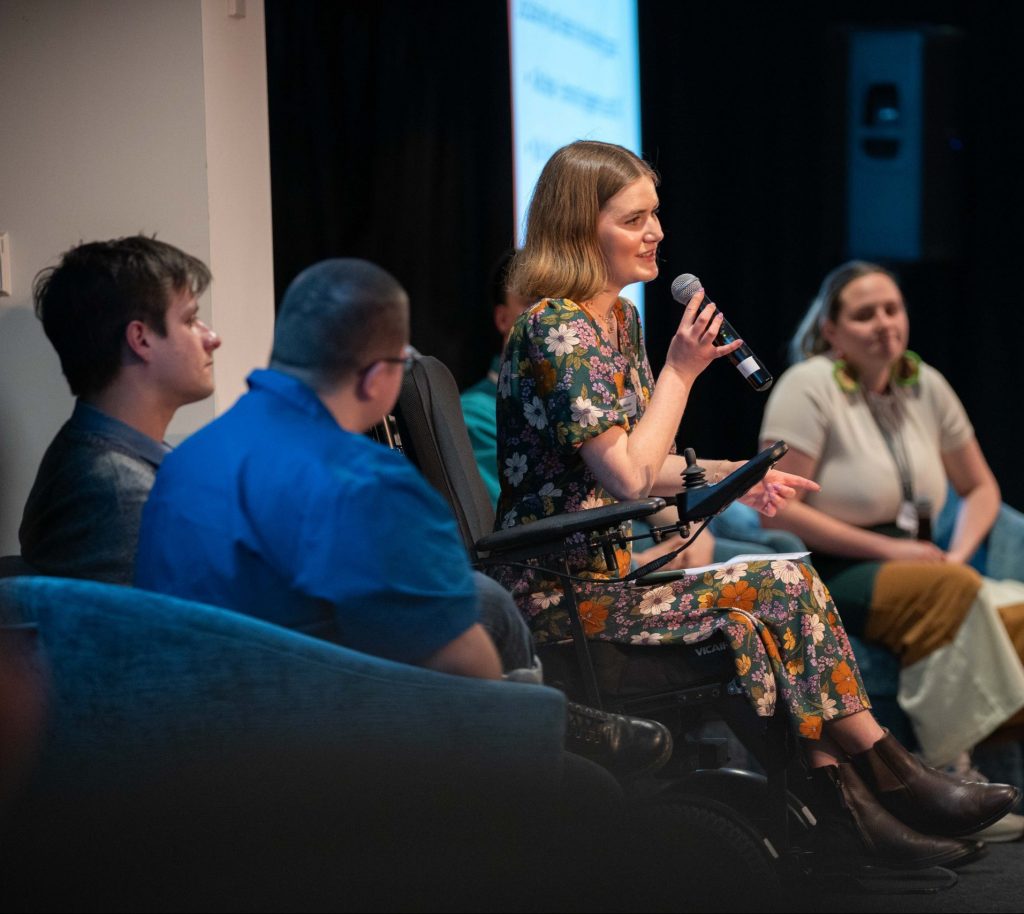Did you go to bed hungry last night? In New Zealand, about 40 per cent of New Zealand households go hungry, skip meals or scrimp on ingredients because they are not “food secure”. Or put another way, one in nine people in the world today (795 million) are undernourished, the vast majority in developing countries.
Today on World Hunger Day, Volunteering New Zealand (VNZ) promotes the efforts of volunteers who lend their time and skills to combat hunger and malnourishment.
The fight against hunger has progressed over the past 15 years. Worldwide hunger has declined, from 15 per cent according to figures for 2000 to 2002, to 11 per cent according to figures for 2014 to 2016.
Sustainable Development Goal (SDG) 2 outlines the United Nations’ targets for ending hunger, achieving food security and improved nutrition, and promoting sustainable agriculture. It aims to end hunger and all forms of malnutrition by 2030.
With its capacity for limiting human development, hunger creates a barrier to achieving the other Sustainable Development goals such as health, gender equality and education.
KidsCan, an organisation committed to supporting disadvantaged Kiwi children, relies on the support of volunteers to run programmes in 646 low-decile schools throughout the country. Each KidsCan school has a volunteer co-ordinator who plays a vital role in identifying need and making sure vulnerable children get the help they need.
“Children who are hungry are unable to concentrate at school,” KidsCan Chief Executive Julie Chapman says. “In the long term this can lead to poor health and social outcomes.”
Volunteers who work first hand with poor families and children can help challenge many myths and misconceptions surrounding poverty and hunger.
“The biggest myth is that families in poverty are spending their money unwisely,” says Chapman. “This is simply not the truth. The majority of parents are doing the best with what they have. The cost of housing and food outweighs the income families have.”
Chapman says that KidsCan aims to ensure all children experiencing food insecurity in early childhood and school education have access to food in their learning environment if they are experiencing food insecurity within five years.
From lending a hand in soup kitchen to packaging/donating meals or advocating for sustainable farming, volunteers play a variety of roles in ending hunger.
“The impact of volunteers in ending hunger is diverse and far reaching,” states Scott Miller, Chief Executive of Volunteering New Zealand. “Volunteering New Zealand is committed to recognising the key role they play in progressing the fight.”




About The Author: Admin
More posts by admin